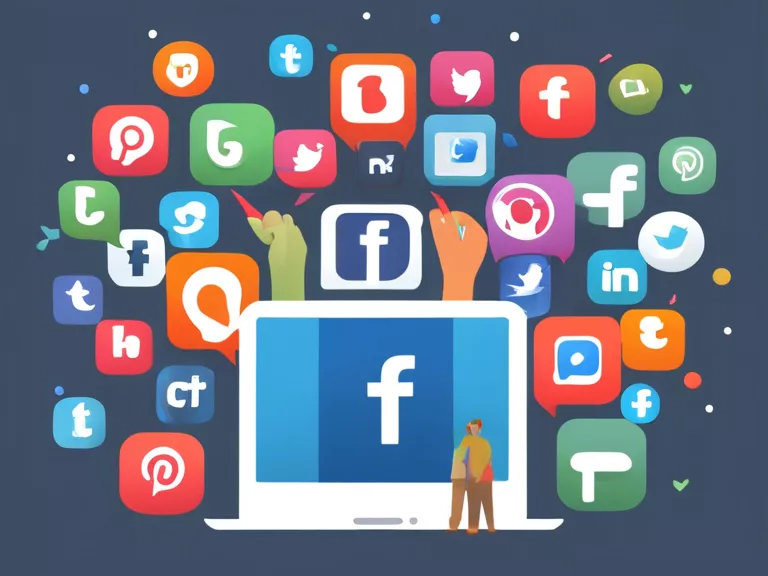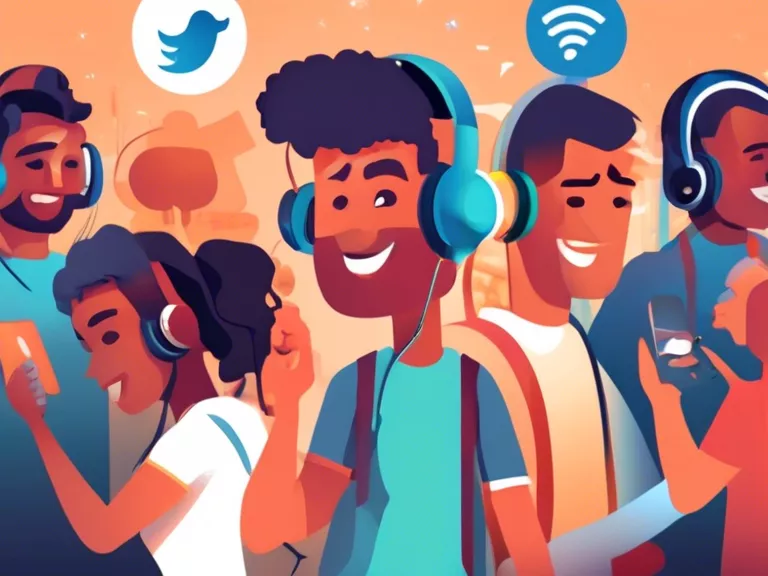
Social media has become a powerful tool in shaping public opinion and political discourse in recent years. With the rise of platforms like Twitter, Facebook, and Instagram, individuals now have the ability to share their thoughts and opinions on a global scale. This unprecedented level of access to information has had a significant impact on the way people form their political beliefs and engage in conversations about current events.
One of the main ways that social media shapes public opinion is through the spread of information. Articles, videos, and memes can go viral in a matter of hours, reaching millions of people across the world. This rapid dissemination of information can influence public perception of politicians, policies, and social issues. Additionally, social media allows for real-time conversations and debates, enabling individuals to engage with others who may have different viewpoints. While this can lead to productive discussions, it can also create echo chambers where individuals only interact with those who share their beliefs.
Furthermore, social media has given rise to the phenomenon of "fake news" and misinformation. With the ability to easily create and share content, individuals and organizations can spread false or misleading information to further their own agendas. This can have serious consequences for the political landscape, as misinformation can shape public opinion and influence elections.
In conclusion, social media has had a profound impact on shaping public opinion and political discourse. While it has provided individuals with a platform to express their views and connect with others, it has also created challenges in terms of misinformation and echo chambers. As the role of social media continues to evolve, it is important for individuals to critically evaluate the information they consume and engage in respectful and informed discussions online.



